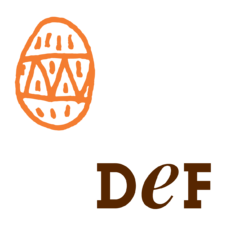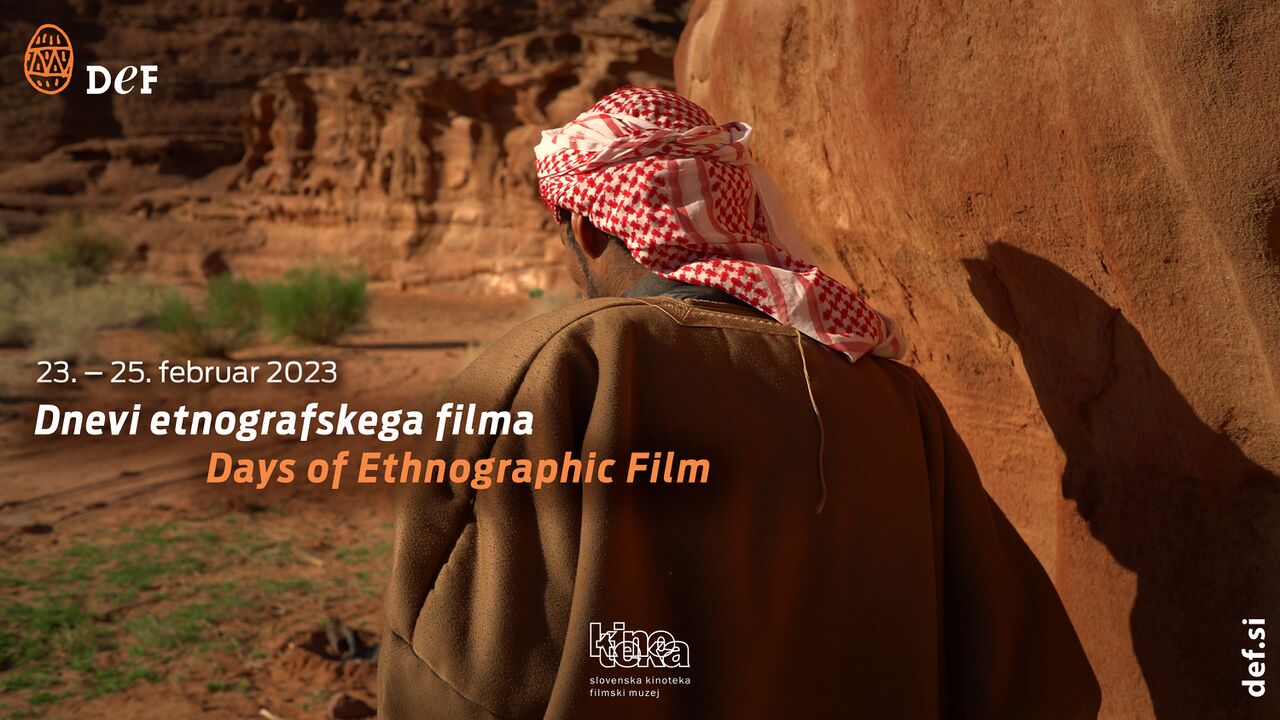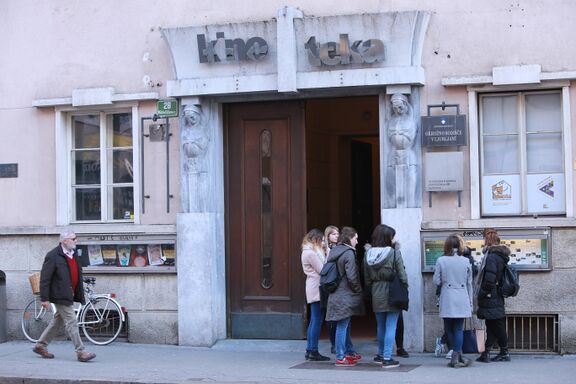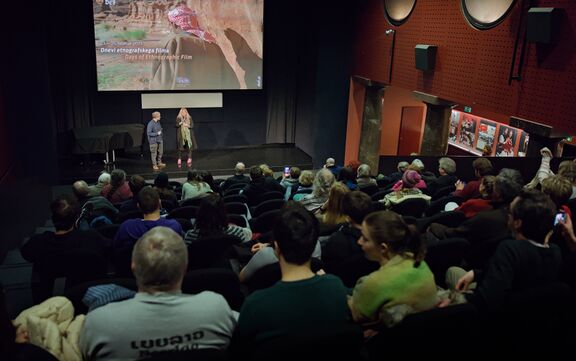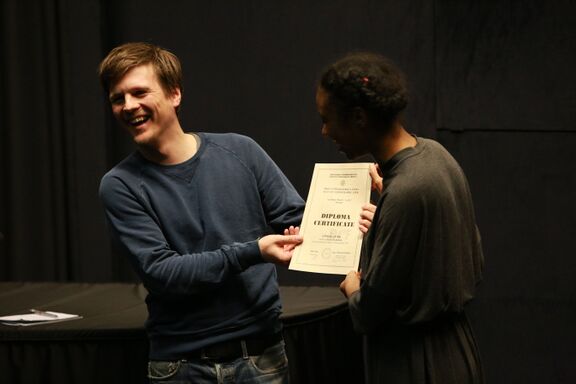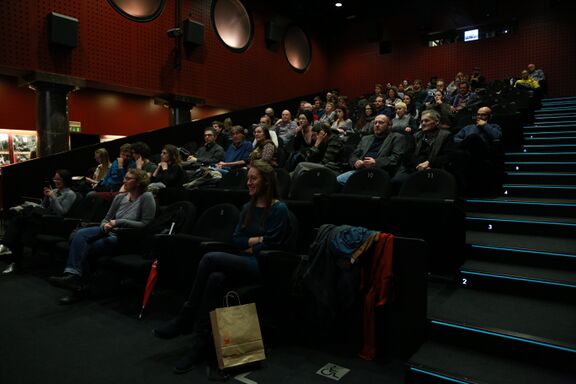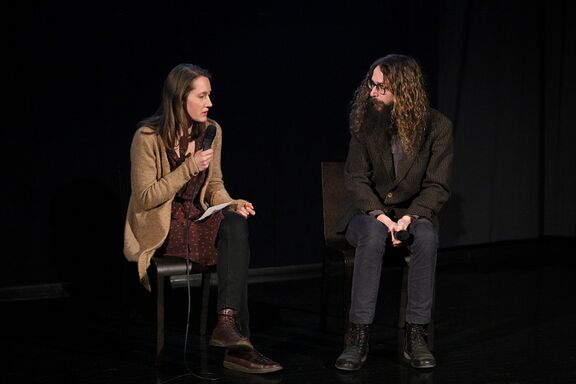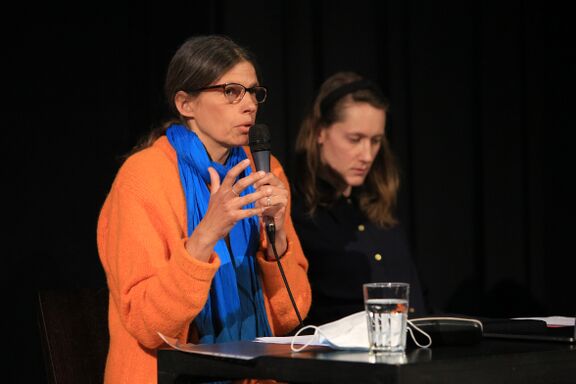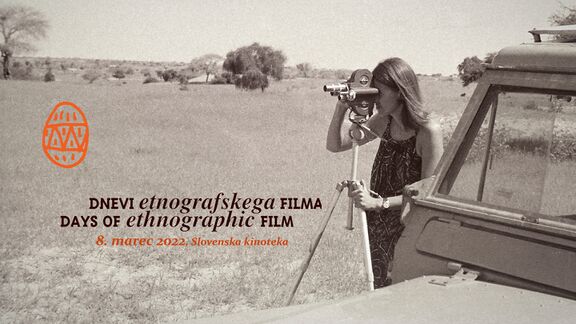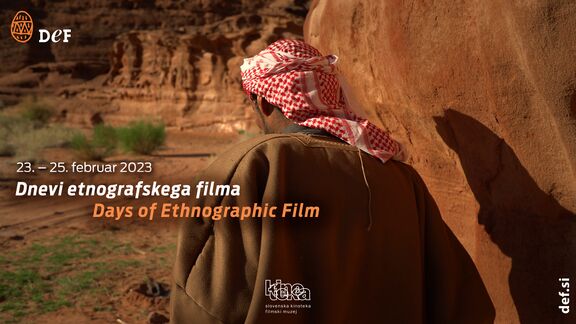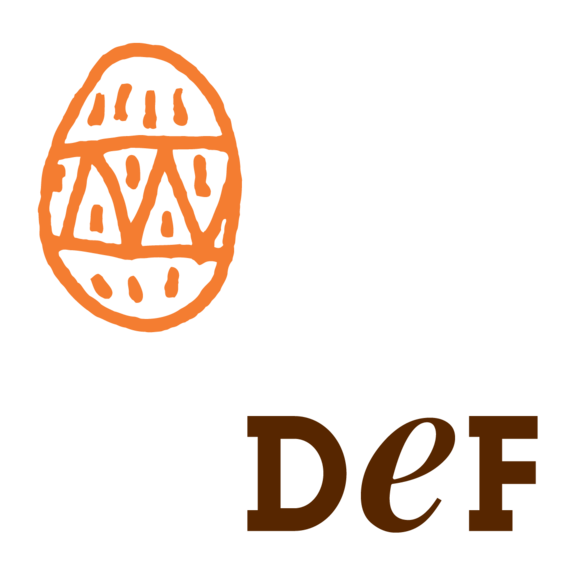Difference between revisions of "Days of Ethnographic Film"
| Line 70: | Line 70: | ||
==Background== | ==Background== | ||
| − | Ethnographic film, with a history dating back about a century, is a very specialised subgenre and is as such a rarely seen and hard to find form of video production. To present its uses, horizons and even existence outside the specialised, mostly scientific community (and the sporadic television broadcasts), the first more ambitious public screenings were organised in 2001, when the first | + | Ethnographic film, with a history dating back about a century, is a very specialised subgenre and is as such a rarely seen and hard to find form of video production. To present its uses, horizons and even existence outside the specialised, mostly scientific community (and the sporadic television broadcasts), the first more ambitious public screenings were organised in 2001, when the first ''Ethnovideo Marathon'' was set up. |
It presented current Slovene ethnographic film productions by institutions such as the [[Audiovisual Laboratory, Institute of Slovene Ethnology]], the [[Goriška Museum]], the [[Celje Museum of Recent History]], the [[Slovene Ethnographic Museum]] and various amateur associations. A second programme section was also set up which screened only films made by students. | It presented current Slovene ethnographic film productions by institutions such as the [[Audiovisual Laboratory, Institute of Slovene Ethnology]], the [[Goriška Museum]], the [[Celje Museum of Recent History]], the [[Slovene Ethnographic Museum]] and various amateur associations. A second programme section was also set up which screened only films made by students. | ||
| Line 76: | Line 76: | ||
As the marathon evolved and a decent public interest was found, the idea of extending it into an international festival with a much more ambitious scope led to the first edition of the Days of Ethnographic Film in 2007. | As the marathon evolved and a decent public interest was found, the idea of extending it into an international festival with a much more ambitious scope led to the first edition of the Days of Ethnographic Film in 2007. | ||
| − | For years the festival's director was [[Naško Križnar]], among other things a professor of visual anthropology and himself an ethnographic film maker for more than four decades. | + | For years the festival's director was [[Naško Križnar]], among other things a professor of visual anthropology and himself an ethnographic film maker for more than four decades. |
==Programme sections== | ==Programme sections== | ||
Revision as of 14:58, 7 March 2024
Venues
The event is currently taking place at Slovenian Cinematheque. The event also used to take place on the premises of the Scientific Research Centre (ZRC SAZU), at the Slovene Ethnographic Museum, Kinodvor Cinema and the City Museum of Ljubljana.
Background
Ethnographic film, with a history dating back about a century, is a very specialised subgenre and is as such a rarely seen and hard to find form of video production. To present its uses, horizons and even existence outside the specialised, mostly scientific community (and the sporadic television broadcasts), the first more ambitious public screenings were organised in 2001, when the first Ethnovideo Marathon was set up.
It presented current Slovene ethnographic film productions by institutions such as the Audiovisual Laboratory, Institute of Slovene Ethnology, the Goriška Museum, the Celje Museum of Recent History, the Slovene Ethnographic Museum and various amateur associations. A second programme section was also set up which screened only films made by students.
As the marathon evolved and a decent public interest was found, the idea of extending it into an international festival with a much more ambitious scope led to the first edition of the Days of Ethnographic Film in 2007.
For years the festival's director was Naško Križnar, among other things a professor of visual anthropology and himself an ethnographic film maker for more than four decades.
Programme sections
The festival has a non-competitive programme which tries to present a balanced selection of international and local productions, as well as student and professional films. It showcases films of different length, as the organisers strive to give a dynamic and colourful representation of the various approaches and methodologies of the ethnographic film genre.
DEF presents an unbound scope of themes such as intangible heritage, social tensions, particular social groupings, political activism and artistic practices. As each year there are more and more applicants sending their films, the diversity and quality of presented ethnographic films is rising.
Since 2015, the festival has been biennial. In the intervening years, the organizers reflect on topics from the fields of visual ethnography, visual research and ethnographic film. In these years, the organizers prepare special (also thematically focused) events such as film seminars.
The Niko Kuret Award
Niko Kuret (1906–1995) was an ethnologist who, back in 1950s, set the foundations for the scientific use of film in Slovenia. During the festival, the Niko Kuret Award is given by the Slovene Ethnological Society to individuals whose contributions have made a mark in the field of ethnographic film and visual anthropology in general.
Till now, the award was given to Herta Maurer-Lausegger, Boris Kuhar, Andrej O. Župančič (posthumously), Allison Peters Jablonko, Asen Balikci, Naško Križnar and Nadja Valentinčič Furlan. The festival also featured a selection of film works by these prominent and innovative researchers and pedagogues.
See also
- Slovene Ethnological Society
- Scientific Research Centre (ZRC SAZU), Slovene Academy of Science and Arts
- Department of Ethnology and Cultural Anthropology, University of Ljubljana
External links
- Days of Ethnographic Film website
- Slovene Ethnographic museum website
- Visual Anthropology Network website
- CAFFE network website



